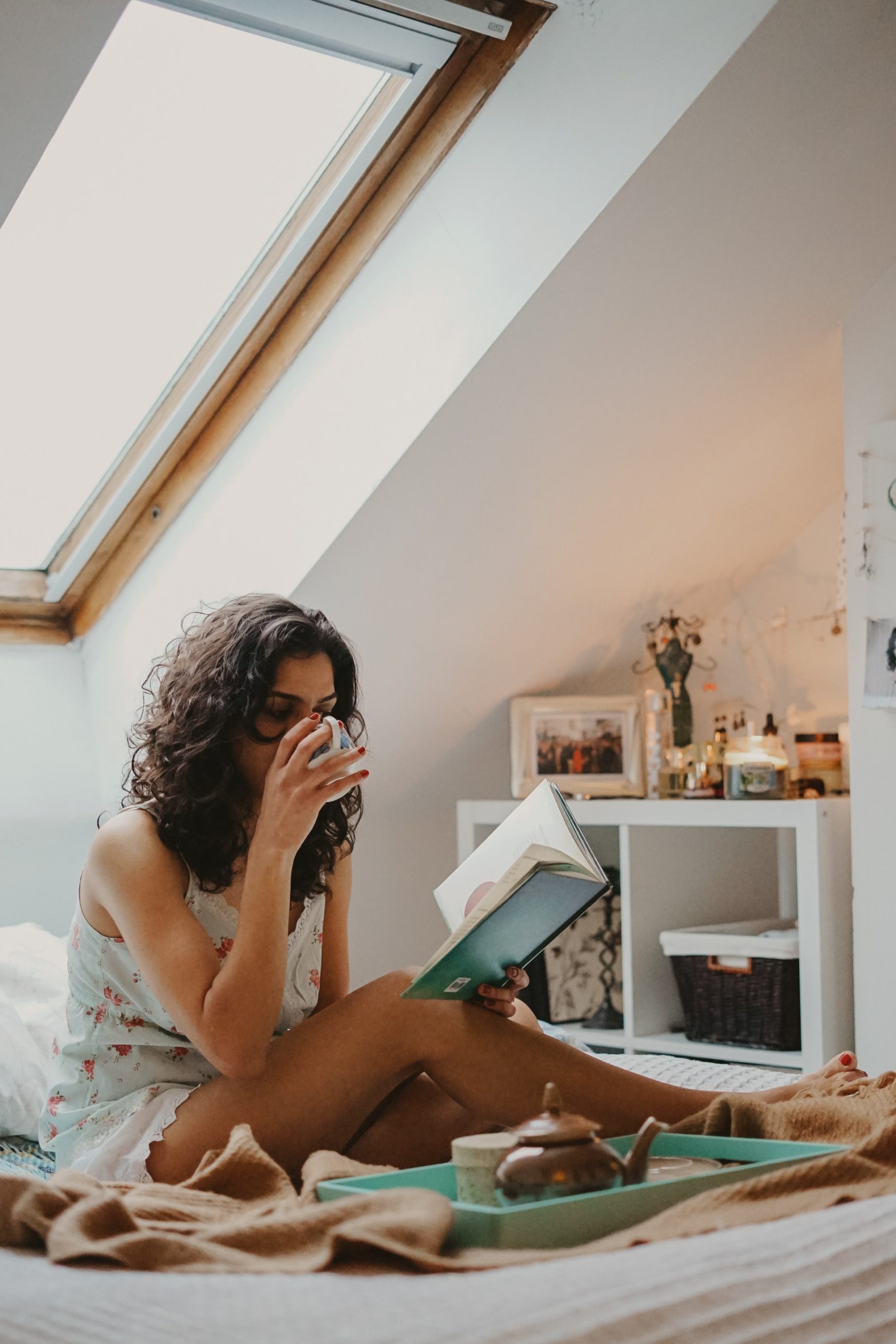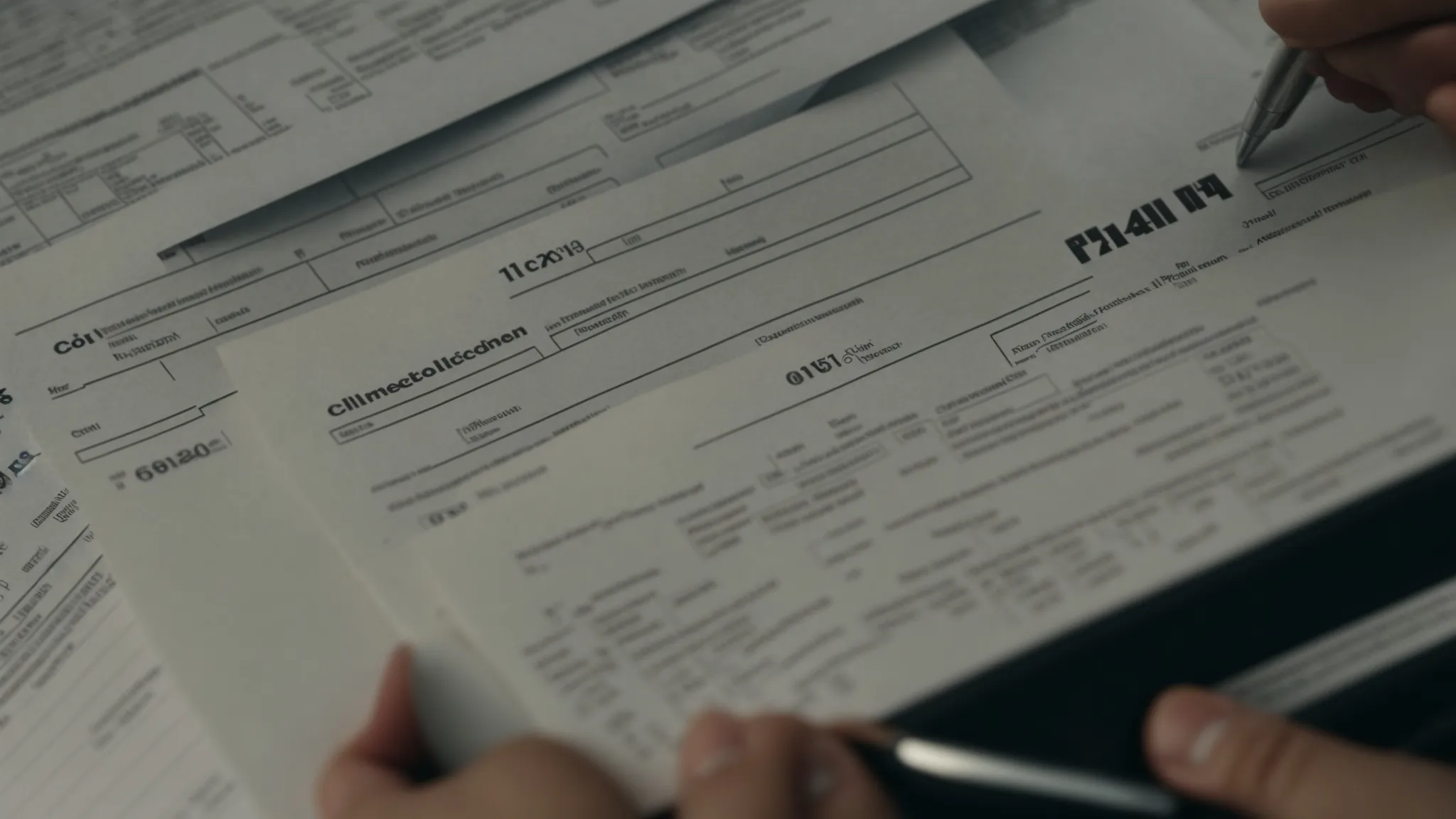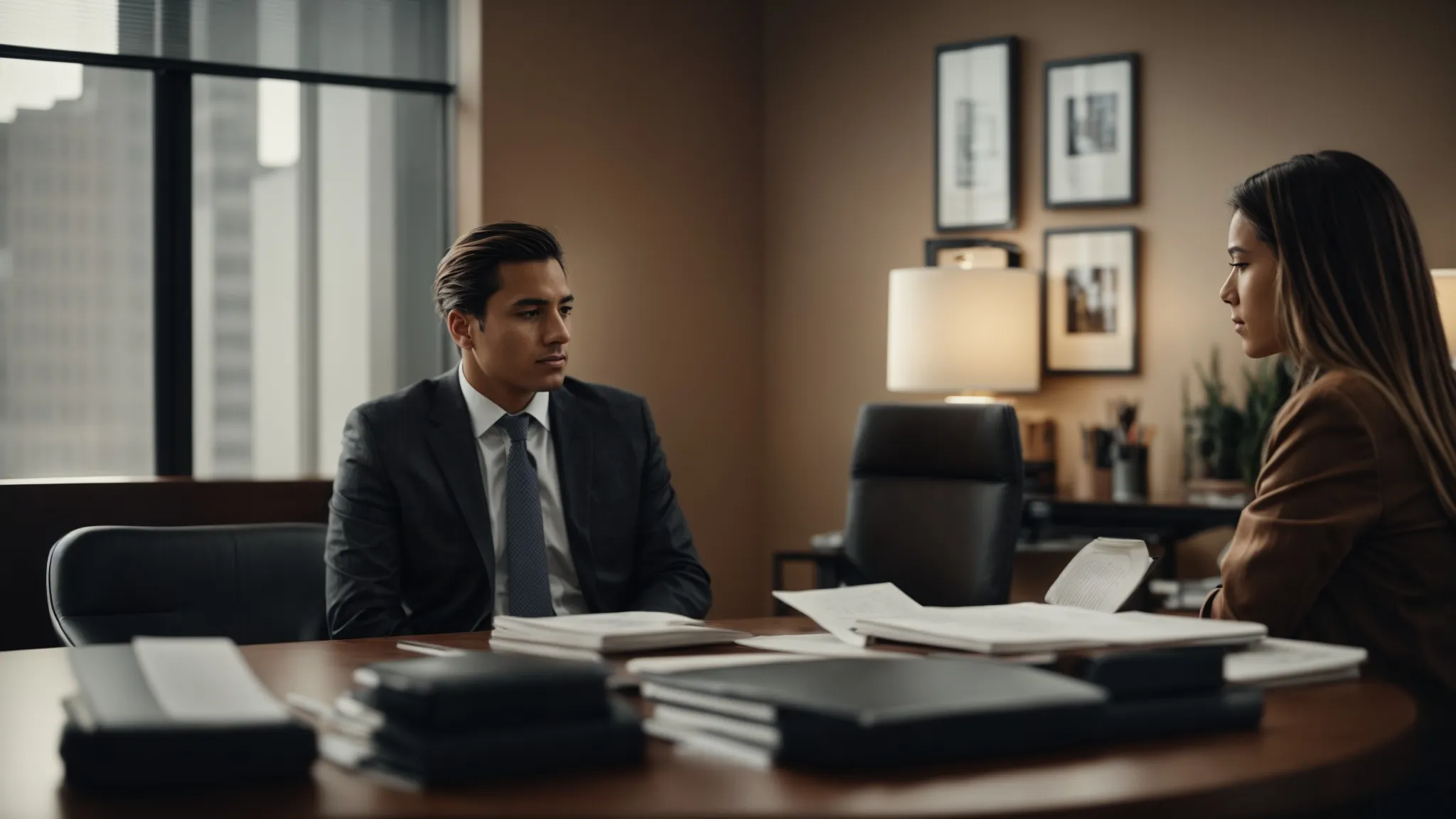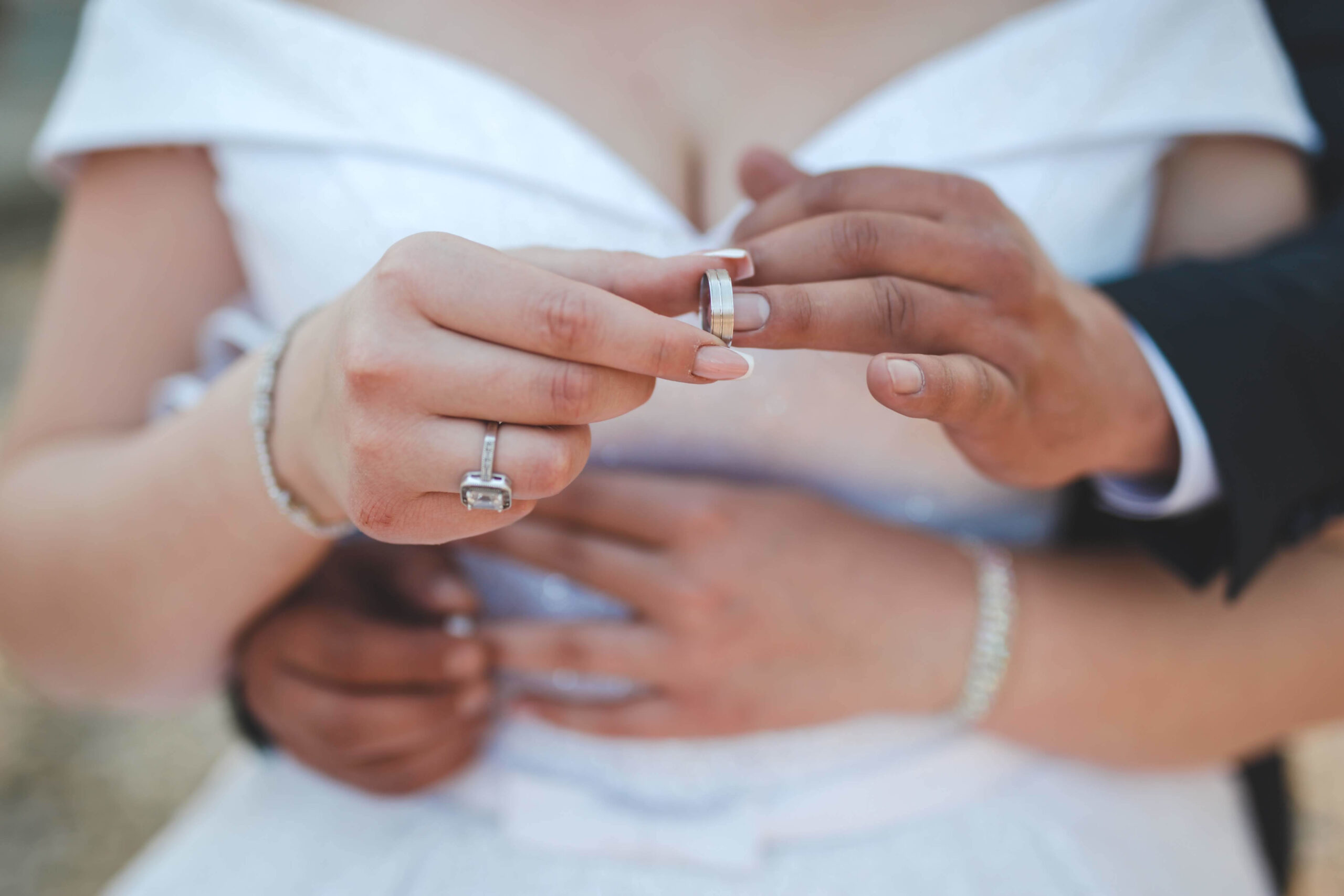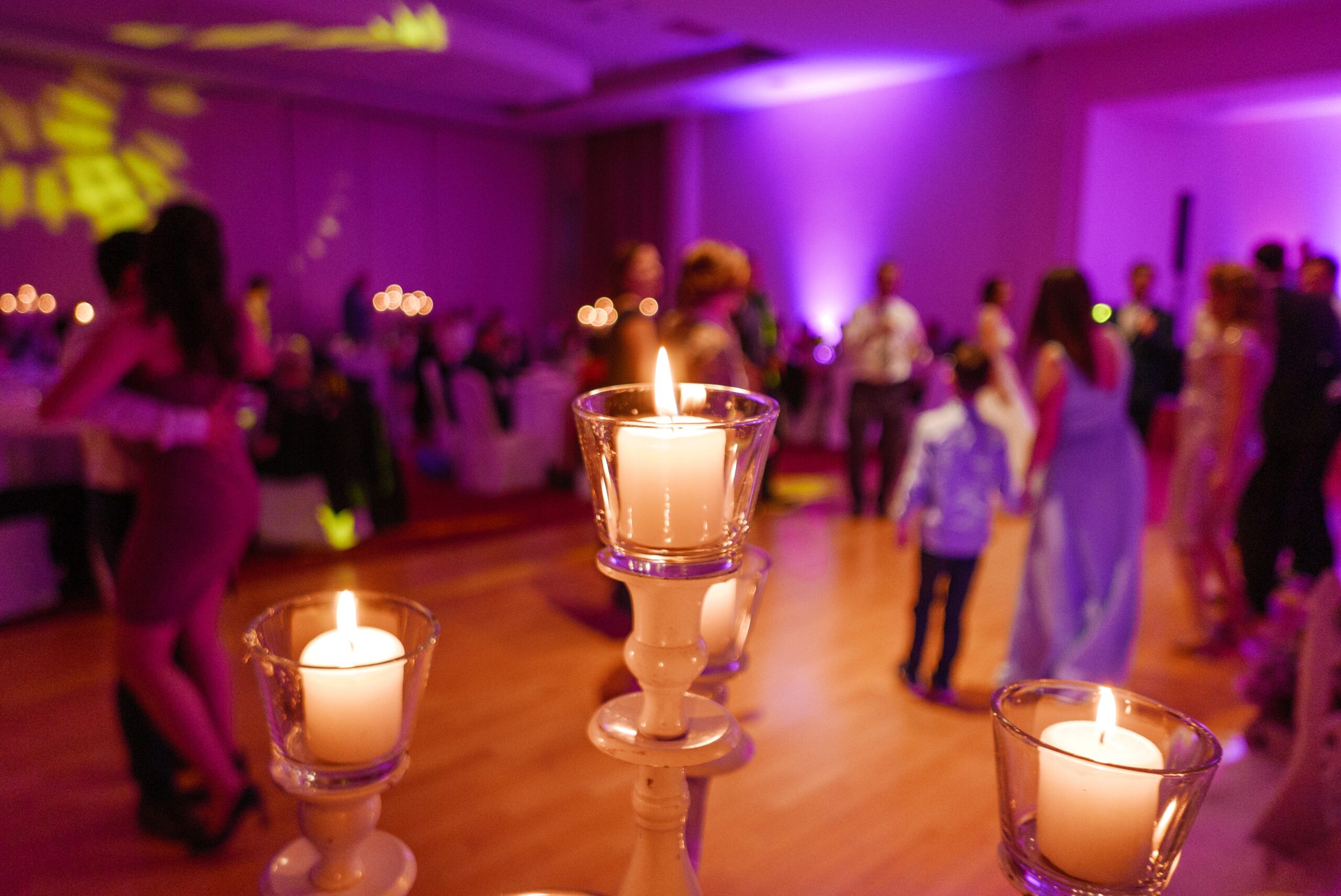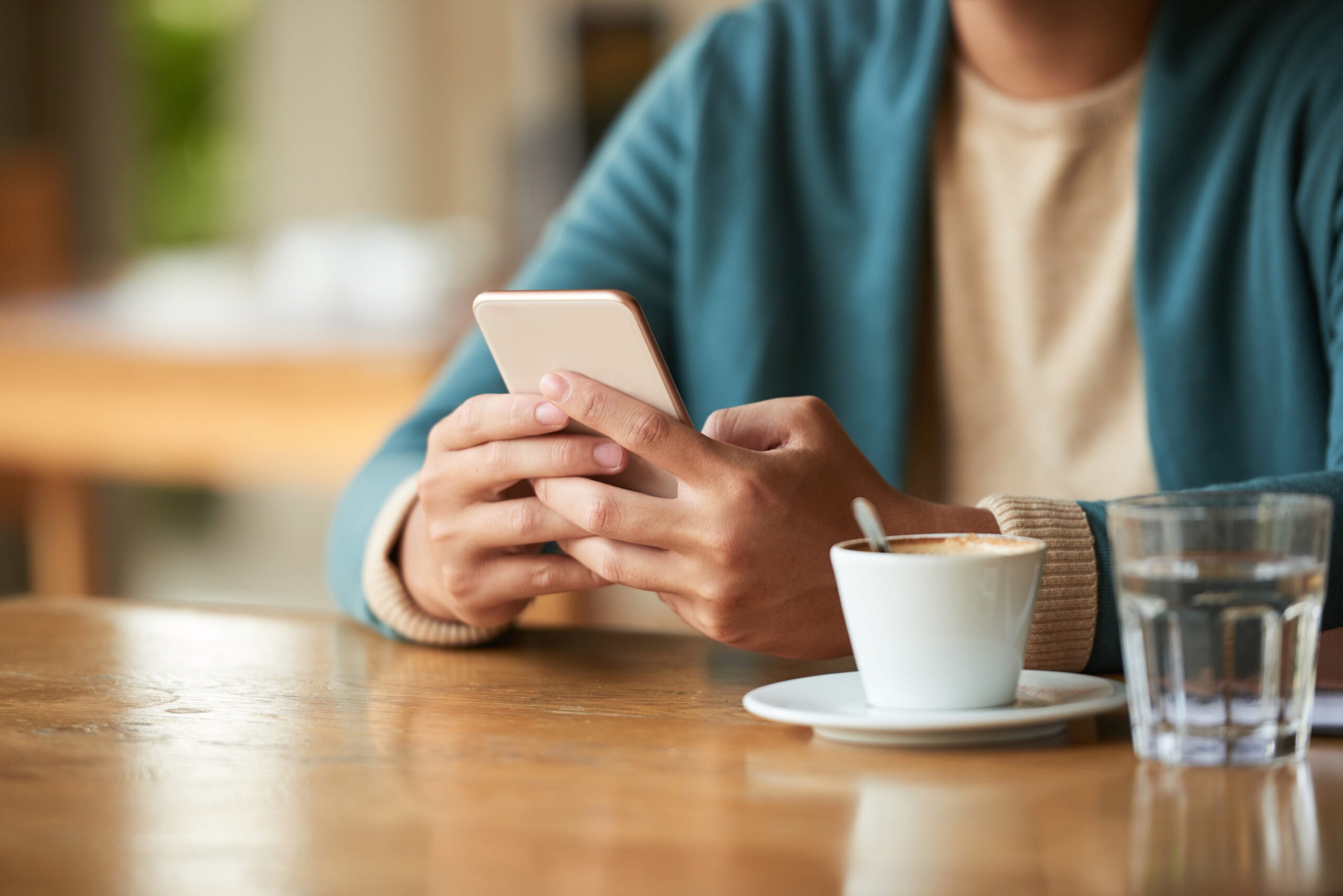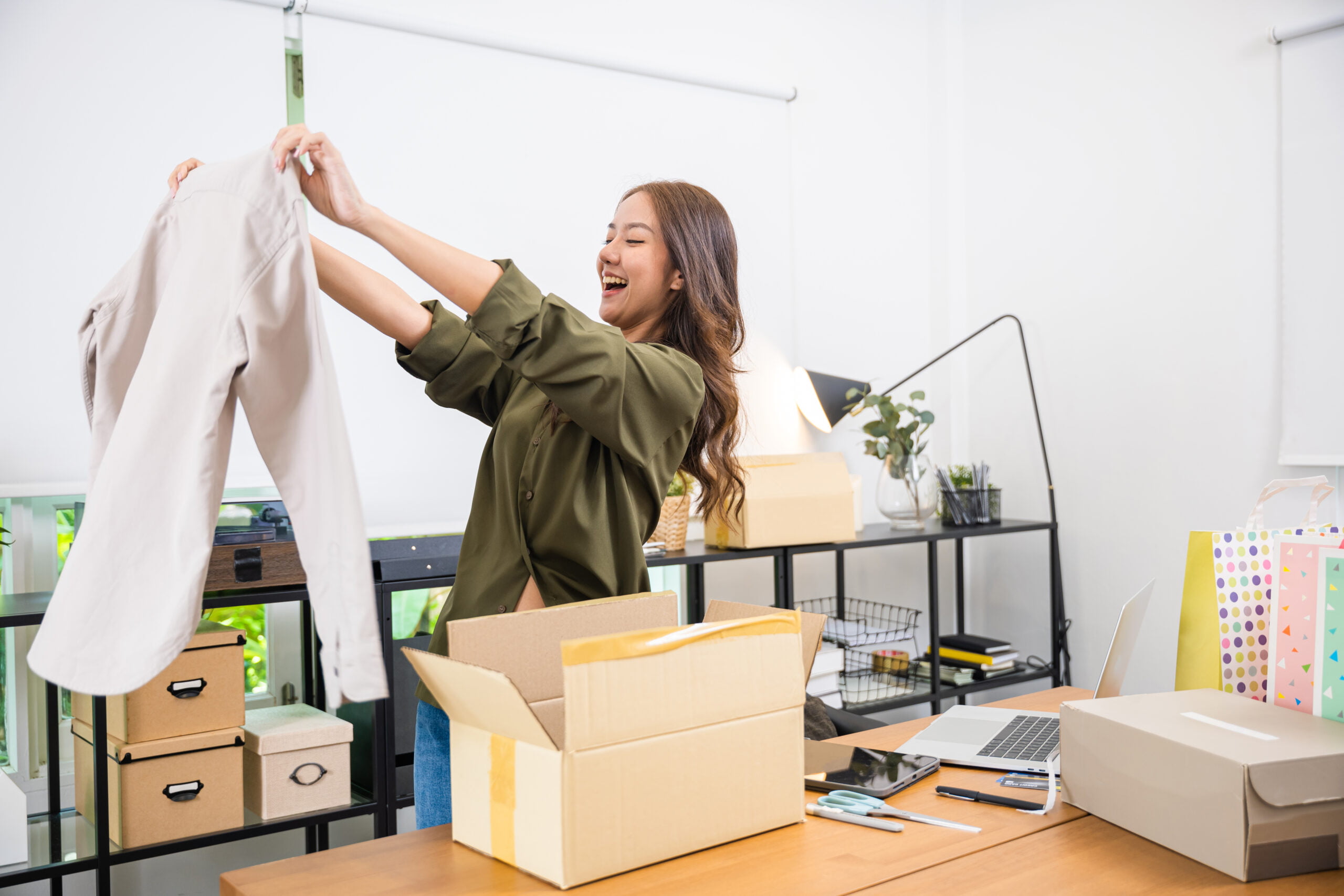Through our daily stresses of work, home, and even limits now on outside life, it sometimes becomes difficult to take time for ourselves. That can lead us to deeply question our own self-worth and self-esteem, leaving us looking for answers as to how we can make this doubt dissipate.
However, it’s important to know you are loved. You are wanted. You are important. The next step is for you to believe those things.

Learn About Yourself
There are cases where self-loathing may actually be more deeply connected to something internally that you’re not letting out. For example, internalized homophobia could be leading someone to have negative thoughts towards people of differing sexual identity or sexual orientation. In some cases, those feelings develop from not having an understanding of the LGBT community or being taught that anything other than “straight” is out of line.
However, those emotions can sometimes be deeper seated in your own discomfort, fearing the repercussions of “coming out” and identifying with the LGBT community as gay, lesbian, or queer. This internal homophobia can create negative attitudes about yourself like feeling unable to open up and be entirely true to yourself.
This could directly impact your mental health, leading to substance abuse and, in severe situations, suicide ideation. The help of a therapist or licensed psychiatric professional can help you open up to your identity and feel more at ease within your own skin.
Don’t Be Afraid To Feel Down
It’s natural to be upset at yourself over something that doesn’t go your way or something that may be weighing you down. Don’t feel like you have to be ashamed of this emotion. If you have a personal shortcoming, forgive yourself. This is not indicative of your behavior and who you are as a person.
Encourage yourself with healthier habits. Don’t be afraid to say no to people. Oppression of your own health and emotional wellbeing puts you in a fragile circumstance that could lead you to depend too heavily on the approval of others.
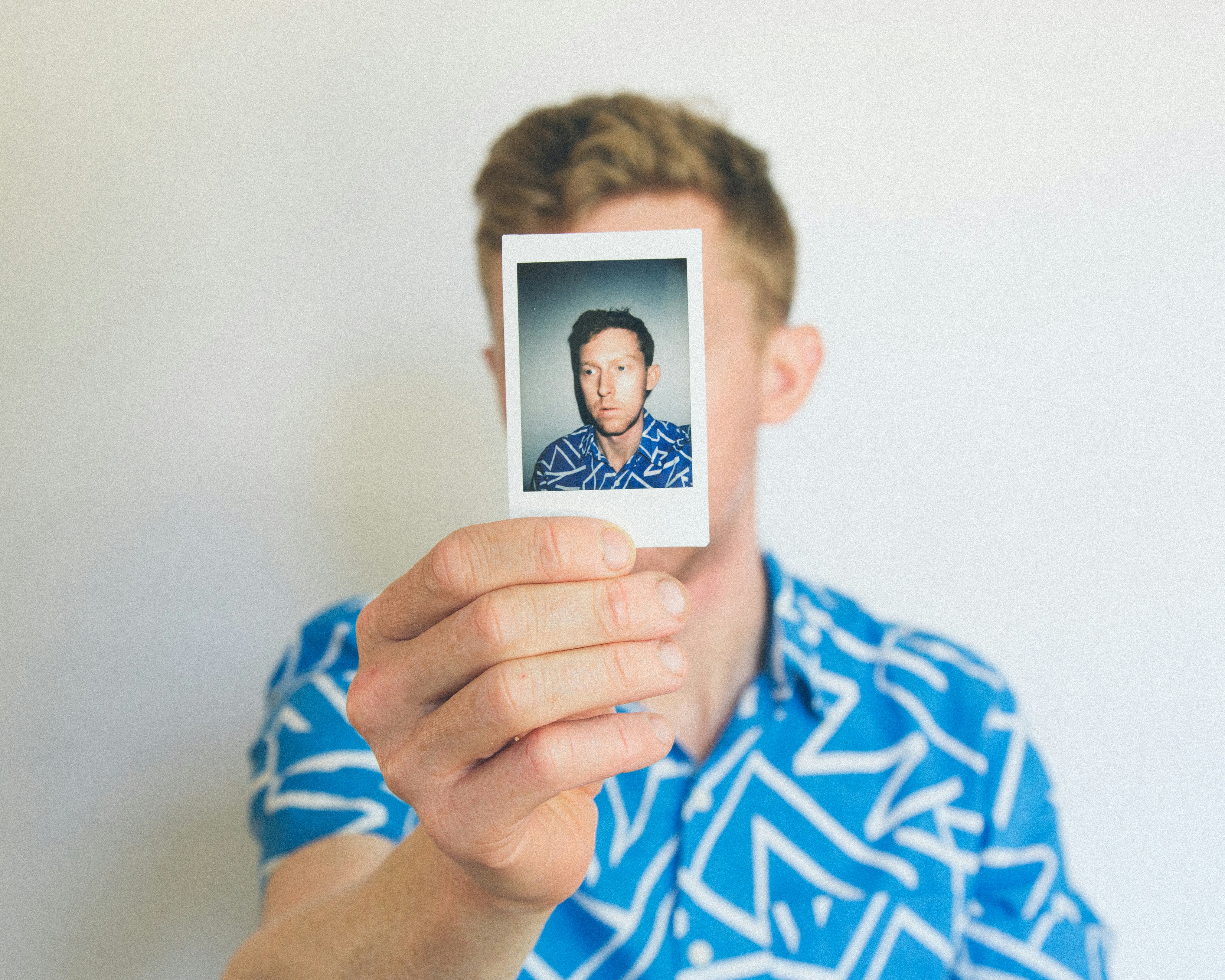
Know Your Worth
While telling yourself to simply “cheer up” won’t cut it most of the time, it’s important to know your self-worth and understand what places you in a negative mindset. You can learn of these negative associations by simply journaling your thoughts to evaluate what happened throughout the day that made you feel the self-hatred coming on. It’s through this personal review that you can discover what kind of interaction, activity, or social involvement is triggering your behavior.
In the moments of a negative thought, learn to be your own hype man or woman. Think of something that makes you feel good, or look for some sort of levity to distract from what’s trying to send you into a sullen state. Some people have found success in keeping a list of their favorite things on standby to put a smile on their face and create a warmer personal environment.
Treat Yourself
Don’t be afraid to reward yourself just for being you. Something as simple as a haircut or a manicure can be a boost to self-esteem, as can a new outfit that makes you feel comfortable in your own skin.
For women, minimizer bras and other underwear that properly accentuate and sculpt, while allowing for comfort, can build self-confidence and a feeling of sex appeal that may not be as prevalent with other undergarments. The right fit can actually take inches off your profile, and provide a boost to your own personal stigma on appearance.
For men, it could be a comfortable fitting shirt that confidently shows off their arms and chest, while slimming the midsection to feel more confident in their build and muscularity.
Self-loathing can be outright debilitating if it’s allowed to continue, so try to act quickly when you feel it coming on, and don’t be afraid to seek help if it’s needed.



